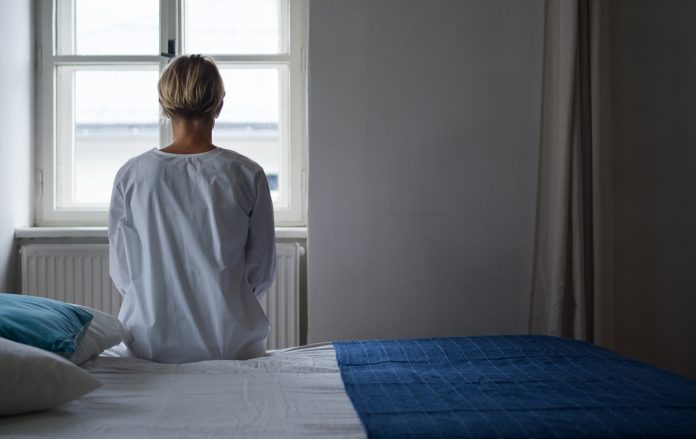The Gates Foundation is investing $2.5 billion by 2030 to accelerate research and development in women’s health
The Gates Foundation has unveiled an ambitious new funding initiative, committing $2.5 billion through 2030 to transform the landscape of women’s health research and innovation. This unprecedented investment aims to drive scientific breakthroughs and develop new solutions that address critical gaps in understanding and treating conditions unique to women. By focusing on historically underfunded areas, the foundation seeks to improve health outcomes for women worldwide, with a special emphasis on those living in low- and middle-income countries.
“For too long, women have suffered from health conditions that are misunderstood, misdiagnosed, or ignored,” said Dr. Anita Zaidi, president of the Gates Foundation’s Gender Equality Division. “We want this investment to spark a new era of women-centered innovation—one where women’s lives, bodies, and voices are prioritized in health R&D.”
Women’s health: overlooked, underfunded, and under-researched
Research and development in women’s health conditions have historically suffered from chronic underfunding. Areas such as gynaecological and menstrual health, obstetric care, contraceptive innovation, sexually transmitted infections (STIs) solutions (including HIV PrEP for women), and maternal health and nutrition receive limited investment.
In a 2021 analysis, McKinsey & Company found that just 1% of healthcare research and innovation is invested in female-specific conditions beyond oncology. Issues like preeclampsia, gestational diabetes, heavy menstrual bleeding, endometriosis, and menopause, which together affect hundreds of millions of women, remain deeply under-researched.
“Investing in women’s health has a lasting impact across generations. It leads to healthier families, stronger economies, and a more just world,” said Bill Gates, chair of the Gates Foundation. “Yet women’s health continues to be ignored, underfunded, and sidelined. Too many women still die from preventable causes or live in poor health. That must change. But we can’t do it alone.”
Closing research gaps
The foundation aims to close persistent gaps in funding and research, and is urging governments, philanthropists, investors, and the private sector to co-invest in women’s health innovations, help shape product development, and ensure access to treatments for the women and girls who need them most.
“This is the largest investment we’ve ever made in women’s health research and development, but it still falls far short of what is needed in a neglected and underfunded area of huge human need and opportunity,” said Zaidi. “Women’s health is not just a philanthropic cause—it’s an investable opportunity with immense potential for scientific breakthroughs that could help millions of women. What’s needed is the will to pursue and follow through.”
Investing in five key areas
The foundation’s investment will advance innovation across five high-impact areas of a woman’s lifespan:
- Obstetric care and maternal immunization: Making pregnancy and delivery safer
- Maternal health and nutrition: Supporting healthier pregnancies and newborns
- Gynaecological and menstrual health: Advancing tools and research to better diagnose, treat, and improve gynaecological health and reduce infection risk
- Contraceptive innovation: Offering more accessible, acceptable, and effective options
- Sexually transmitted infections (STIs): Improving diagnosis and treatment to reduce disproportionate burdens on women
These five areas were selected based on data and evidence where innovation can save and improve the most lives, direct insights from women in low- and middle-income countries about their needs and preferences, and the persistently high rates of misdiagnosis caused by gaps in medical knowledge and training.
“We see the consequences of underinvestment in women’s health innovation every day when women suffer needlessly, and sometimes lose their lives, because of the gaps in how we understand and treat conditions that uniquely affect them,” said Dr. Bosede Afolabi, professor of obstetrics and gynaecology at the College of Medicine, University of Lagos. “This commitment brings much-needed attention to the health challenges women face in places where resources are most limited and the burden is highest. It reflects a recognition that women’s lives—and the innovations that support them—must be prioritized everywhere.”
Investment in women’s health will unlock economic growth, with research showing that every $1 investment yields $3 in growth. Through closing the gender health gap and supporting equal healthcare, the global economy could be boosted by $1 trillion per year by 2040.











